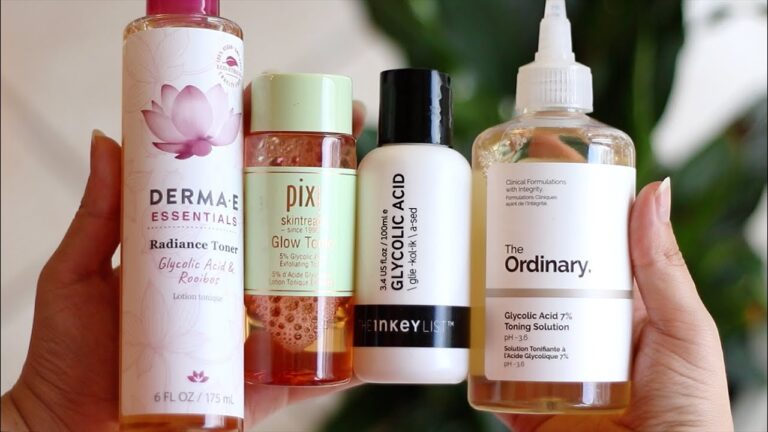Effective Methods for Zinc Removal: Tips and Techniques
Zinc Removal: How to Get Rid of Zinc from Your Water
Water is one of the most important resources that we have to live, and it is essential for the overall health and wellness of our body. But, what if the water that we consume is contaminated with zinc? Zinc is a mineral that is found naturally in water, and it can cause a range of health issues if consumed in excessive amounts. This article will explore the different ways in which you can remove zinc from your water and ensure that you are drinking safe and healthy water every day.
Introduction to Zinc in Water
Zinc is a trace mineral that is present in small amounts in water, and it is an essential mineral that plays a crucial role in our body. It is required for the proper functioning of our immune system, wound healing, and overall growth and development of our body. While zinc is an essential mineral, an excessive amount of zinc in our water can result in various health issues, including nausea, vomiting, diarrhea, and stomach cramps.
Causes of Zinc in Water
Zinc can enter water in various ways, such as from natural sources, agricultural runoff, or industrial waste. Water that is obtained from wells or groundwater sources is more likely to have higher levels of zinc. Similarly, water that is exposed to galvanized pipes or metal-based plumbing fixtures may also have higher levels of zinc.
Removing Zinc From Water
There are various ways in which you can remove zinc from your water, and some of the most effective methods are as follows:
1. Reverse Osmosis
Reverse osmosis is a process of removing minerals and other contaminants from water by applying pressure to the water molecules. The process involves passing water through a semipermeable membrane that filters out unwanted minerals such as zinc. This technique is highly effective in removing zinc from water and is widely used in households.
2. Distillation
Distillation is a process of boiling water and then condensing the steam, which is then collected as pure water. This process removes all impurities from the water, including minerals such as zinc. It is an effective technique to remove zinc from water but can be costly and time-consuming.
3. Activated Carbon Filtration
Activated carbon filtration is a process of removing contaminants from water by passing it through a carbon filter. The filter absorbs contaminants such as zinc from the water and provides clean and safe drinking water. This technique is cost-effective and does not require any electricity or maintenance.
4. Ion Exchange
Ion exchange is a process in which ions such as zinc are removed from water by exchanging them with other ions. This process involves passing water through a resin bed that contains ions such as sodium, which replaces the zinc ions. The resin bed needs to be replaced after some time, but it is a highly effective technique for removing zinc from water.
Preventing Zinc in Your Water
Aside from removing zinc from your water, there are also some preventive measures that you can take, such as avoiding the use of galvanized pipes or plumbing fixtures that contain zinc. You can also switch to using water filters that are specifically designed to remove heavy metals such as zinc from water.
Conclusion
Zinc is an essential mineral that is required for our overall health and wellbeing, but excessive amounts of zinc in our water can cause various health issues. It is essential to ensure that you are drinking safe and healthy water by removing zinc from your water sources. The most effective methods to remove zinc from water include reverse osmosis, distillation, activated carbon filtration, and ion exchange. By taking preventive measures and implementing these techniques, you can have access to safe and healthy drinking water in your home.
Most searched products:
Does Sephora Support Israel? Answering Your Questions
The Ultimate Guide to Azealic Acid: Benefits, Uses, and Side Effects
How Long Does Glycolic Acid Take to Show Results: Your Ultimate Guide
Discover the Benefits of The Ordinary Botox for Your Skin
The Ultimate Reviews of The Ordinary Peeling Solution
The Ultimate Guide to The Ordinary Colours Foundation: Reviews, Swatches, and Tips
The Perfect Order: When to Use Retinol and Niacinamide in Your Skincare Routine
Unlock Smooth and Supple Skin: Discover the Best Skincare Products for Skin Suppleness
Say Goodbye to B.O with Glycolic Acid Deodorant: The Secret to Long-Lasting Freshness
Exploring the Wonders of The Ordinary Oxford Street: A Complete Guide













